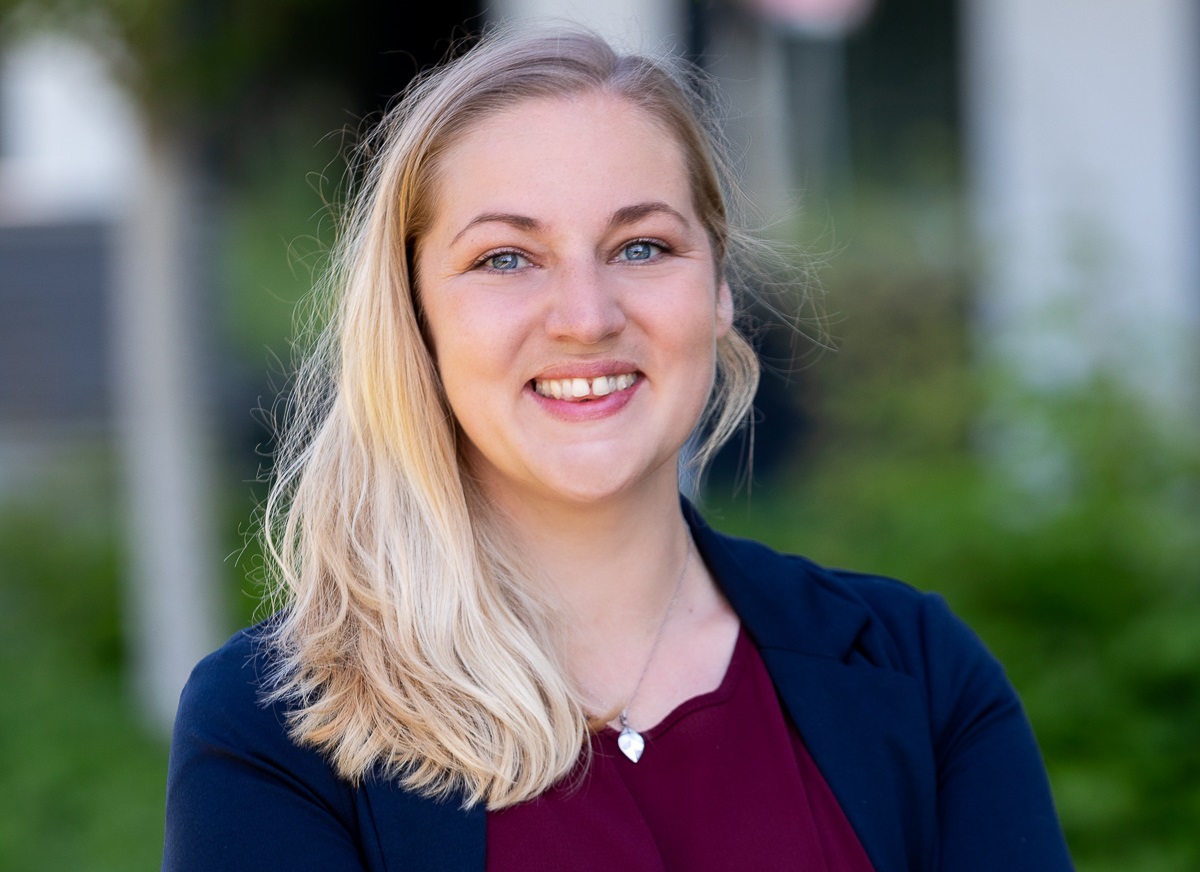Bea Maas
Department of Botany and Biodiversity Research | Biodiversity Dynamics and Conservation | University of Vienna, Austria
| bea.maas[at]univie.ac.at | |
| Website | https://www.beamaas.com/ |
| Project Name | ECO-OLIVES |
| Publication Page | https://www.beamaas.com/publications–press.html |
| Field of research | Conservation Biology, Agroecology |
| Keywords | functional diversity | ecosystem services | conservation science |
| https://twitter.com/MaasBea |
Balancing biodiversity conservation and food production
What is my research about?
Linking biodiversity conservation and landscape management is crucial to achieving the global Sustainable Development Goals that will safeguard human well-being in the future. The main objective of my research project “ECO-OLIVES” is to identify biodiversity-friendly land use approaches with a focus on Mediterranean olive agroforestry systems and make this knowledge widely accessible through software applications. The project includes several transdisciplinary pilot approaches at the local and landscape level that can be transferred and applied to virtually any other complex agroecosystem.
What was my path up to here?
Why is my project/work important?
